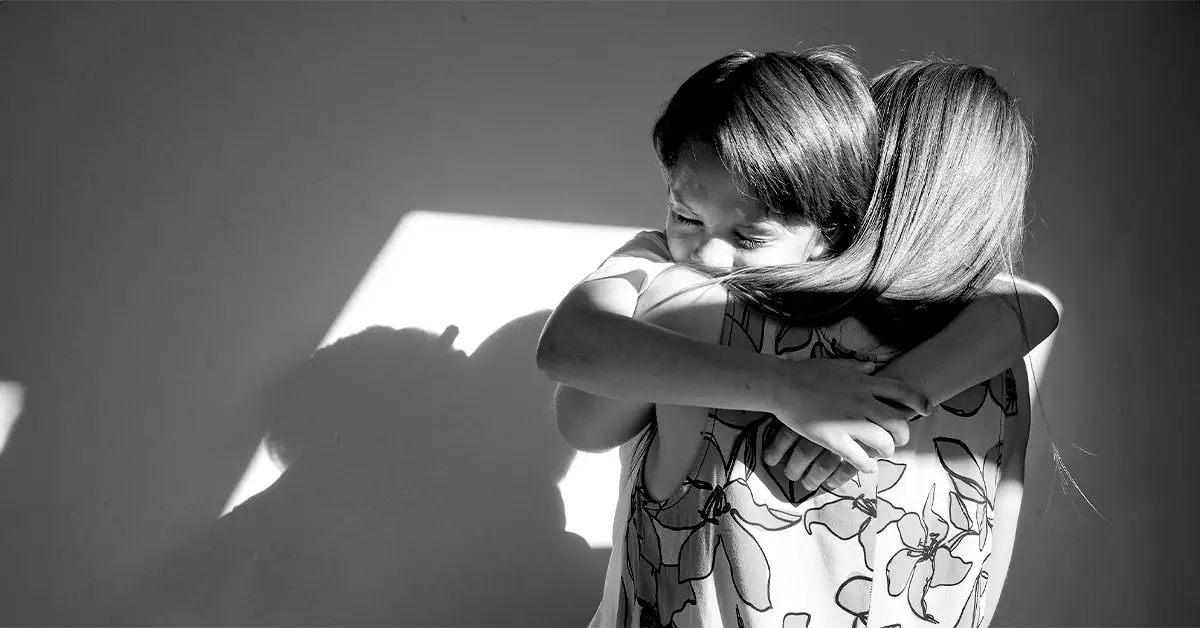Parent-Child Interaction Therapy (PCIT) is an innovative therapeutic approach designed to foster stronger relationships between parents and their young children. Primarily aimed at addressing behavioral issues, this evidence-based method is instrumental in helping families navigate the complexities of childhood development, particularly for children aged between 2 to 7 years. PCIT focuses not only on correcting undesirable behaviors but also on enhancing the emotional connection between parents and children.
The cornerstone of PCIT lies in its recognition of how young children express their distress. Rather than purely acting out, their behavior can often be a cry for help regarding underlying issues, including anxiety, depression, or more serious developmental disorders like Attention Deficit Hyperactivity Disorder (ADHD) and Autism Spectrum Disorder (ASD). Coping with such challenges demands patience and tailored strategies from parents, who often find themselves in a difficult balancing act of discipline and nurturing.
PCIT diverges from traditional therapy modalities by involving parents directly in the therapeutic process. During sessions, parents engage in play with their child while under the observation of a trained therapist, who provides real-time feedback and coaching. This format encourages parents to employ specific skills — collectively known as PRIDE (Praise, Reflection, Imitation, Description, Enjoyment) — which help to reinforce positive interactions and diminish negative behaviors.
The therapy is conducted over 12 to 20 sessions, where each session emphasizes different aspects of parent-child interaction. Initially, the focus is on child-directed play, allowing children to take the lead while parents learn to minimize critical or negative comments. This phase is crucial, as it builds a trustful environment where children feel safe expressing themselves.
After mastering these skills, parents transition to parent-directed interaction, where they learn to establish boundaries and expectations calmly and effectively. This two-pronged approach is not only aimed at improving a child’s behavior but also at teaching parents essential skills for nurturing their child’s emotional well-being.
While PCIT is highly effective for many families, various therapeutic alternatives cater to specific needs and constraints. Parent-Child Care (PC-CARE) is a shorter program, typically consisting of only six sessions. Although it shares similarities with PCIT — emphasizing positive communication skills — it is designed for families who may have limited time or resources.
PC-CARE is generally suitable for younger children (under 2 years) or older ones (over 8 years), while PCIT is tailored for the pressing concerns of those within the 2 to 7 age range. Whereas PCIT offers a more comprehensive, long-term solution, PC-CARE provides rapid interventions, making it favorable for families facing transitional challenges like moving or entering new educational environments.
Research corroborates the effectiveness of PCIT in reducing disruptive behaviors in children. The targeted outcomes extend beyond mere behavior modification, promoting emotional safety and attachment. Children engaged in PCIT often display noticeable improvements in self-esteem, attention span, and overall compliance with rules.
Parents also see a decrease in frustration, feeling more secure in their roles while nurturing their child’s emotional needs. By instilling a better understanding of pro-social behaviors, PCIT instigates a cycle of positive reinforcement that benefits the entire family dynamic.
Despite its many successes, PCIT is not without limitations. Studies evaluating the efficacy of this therapy have occasionally involved small sample sizes and lack diversity. Additionally, results are sometimes skewed due to a focus on maternal participation, as most practitioners work primarily with mothers. Long-term follow-ups are also necessary to gauge the lasting effects of the therapy on both child and caregiver.
Furthermore, the structure of PCIT may not be ideal for every family. For caregivers with mental or physical health challenges, or those managing severe behavioral issues within their children, the extended learning period of PCIT might be more beneficial.
For families seeking to engage with PCIT, numerous resources exist to connect them with certified therapists. Engaging with professionals trained in this methodology can usher families into a therapeutic journey that not only seeks to alleviate behavioral issues but also to cultivate a loving, understanding relationship between parents and children.
Parent-Child Interaction Therapy stands as an essential resource for families grappling with the challenges of raising children with behavioral difficulties. The therapy’s dual focus on enhancing communication and fostering emotional bonds presents a holistic approach to parenting in today’s complex environment, ensuring that both children and their caregivers thrive.


Leave a Reply